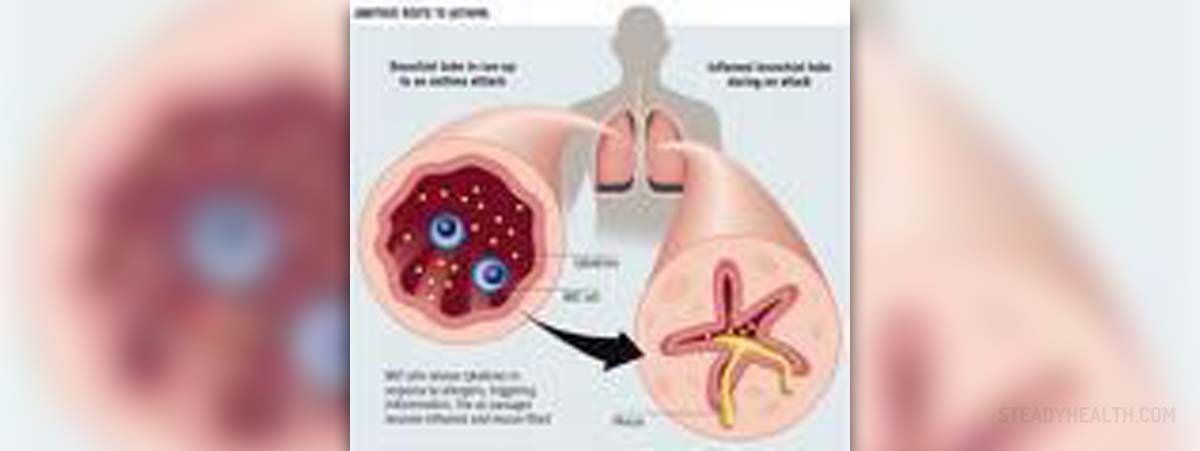
Allergic rhinitis is a term used for describing a mixture of symptoms affecting one's nose and eyes, appearing once you inhale something you are allergic to. Thus, dust, pollen, dander and some other substances can be triggers of allergic rhinitis.
If you are suffering from allergic rhinitis, read the lines below in order to learn more about possible treatments and general characteristics related to this condition, finding out possible ways of managing allergic rhinitis effectively.
Treatment Options
The best treatment, as far as allergic rhinitis is concerned, would be avoiding the allergens completely. However, you will probably also need to use certain medications in order to control this condition or undergo immunotherapy, receiving allergy injections.
People who suffer from allergic rhinitis throughout the year are likely to need treatment on a daily basis. The worst thing about this disease is the fact that it cannot be cured. Rather, you are forced to manage it effectively and keep yourself safe from its symptoms.
Some patients lose their faith in traditional, medical methods of treatment and decide to seek help in alternative medicine such as homeopathy. However, in a vast majority of cases, this proves to be ineffective, pricey and sometimes, even dangerous.
Once you decide to treat this condition by avoiding the allergens, you will probably need less medications and other forms of treatment, due to the fact that you will be managing your condition better and evade many possible cases of allergic reactions. Yet, in order to be completely safe from allergens, you need to be on the lookout both indoors and outdoors.
Some individuals decide to provide their treatments on their own, taking some over-the-counter medications before seeking a professional medical advice. In some cases, this can prove to be an effective step to take while in some other cases this may not be a good step to take, especially if one suffers from other medical conditions as well. Furthermore, pregnant women, the elderly, children and people with serious symptoms are advised to seek medical advice before using any kind of medications for dealing with their case of allergic rhinitis.
Allergic Rhinitis in Pregnant Women and Children
The signs of this condition are known to become more serious when pregnant women are suffering from them. Even though this condition is not likely to affect the health of you and your baby, it might make any existing asthma or sinusitis more serious. Therefore, for precaution, do not use these kinds of medications during the first three months of your pregnancy.
As far as children are concerned, they usually undergo the same treatment as adults do, with exceptions in cases of adult-only drugs and some serious side-effects of the medications used.
Effective Management of Allergic Rhinitis
Basically, the treatment starts with using over-the-counter antihistamines, decongestants and eye drops. Read the labels on these products carefully and do not use them if they can lead to health problems in your case.
Antihistamines help you with keeping sneezing, runny nose, itching and tears in the eyes at bay. Eye drops deal with eye problems and may contain antihistamine too.
As for nasal corticosteroid creams, these variants of treatment can be used along with the antihistamines. If you suffer from this condition chronically, you should ask your doctor about the best possible way of dealing with allergic rhinitis in the long run.
Finally, after examining you, your doctor may recommend some other types of medications for you, helping you deal with your symptoms better.
Relevant Statistical Data
According to various types of research, in 2005, about 7.3% of the entire US population reported symptoms of allergic rhinitis. These 22 million people visited their doctors seeking drugs for treating their condition.
A couple of years back, in the year 2000, 6.3% of the population was likely to suffer from allergic rhinitis. Thus, the occurrences of this condition continue to rise on an annual level.
Both in 2000 and 2005, women were suffering from this condition more often than men. In fact, in 2005, $6.1 billion dollars were spent on health care regarding allergic rhinitis. During the 5 years after the year 2000, the necessity of allergic rhinitis treatment increased by 73%, resulting in a loss of total $2.3 billion dollars on emergency ambulance visits. Thus, of all expenses related to the treatment of this allergic condition, about 60% went out on medications while the rest was spent on ambulance visits.
To sum up, allergic rhinitis is a condition which cannot be completely treated. Rather, it needs to be maintained effectively, allowing the person who suffers from it a life without the symptoms of this disease. There are many ways of achieving this and some of these are avoiding allergens, using medications or undergoing therapies.
So, if you happen to suffer from allergic rhinitis, it is best not to treat it on your own. Rather, you are advised to seek professional medical assistance and receive treatment which is adequate and effective for you.


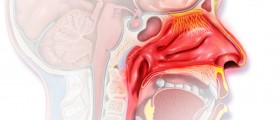
_f_280x120.jpg)
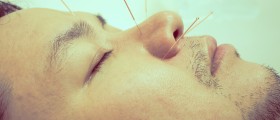
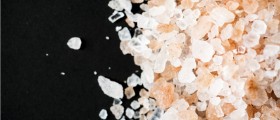

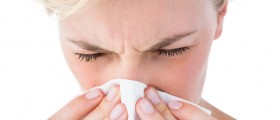
-Does-It-Help-Treat-Allergic-Rhinitis_f_280x120.jpg)
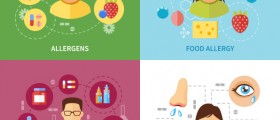






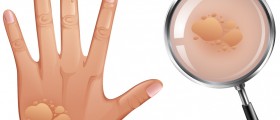
Your thoughts on this
Loading...